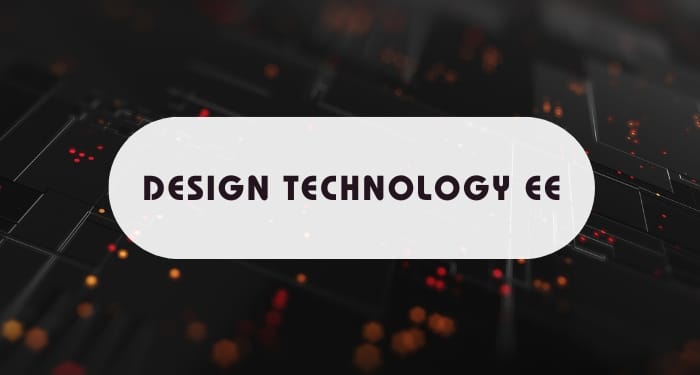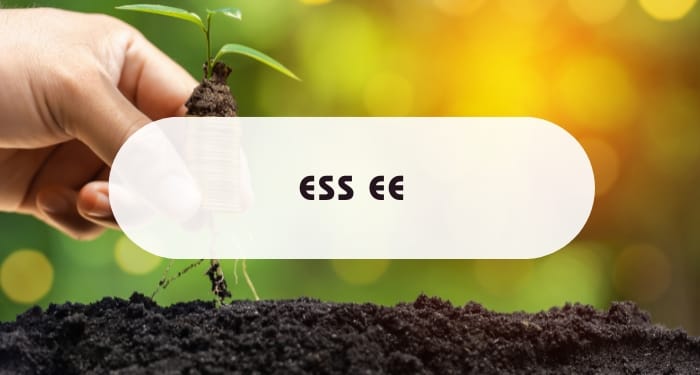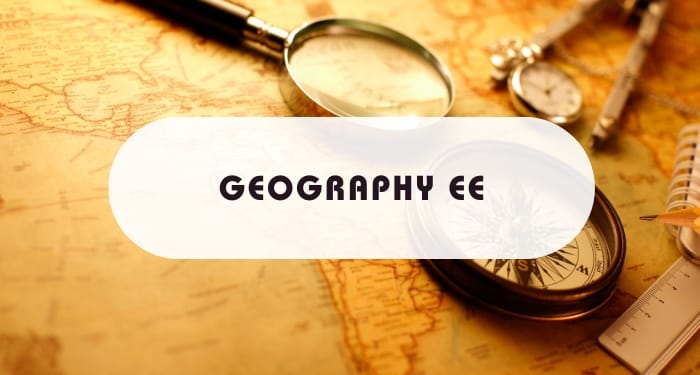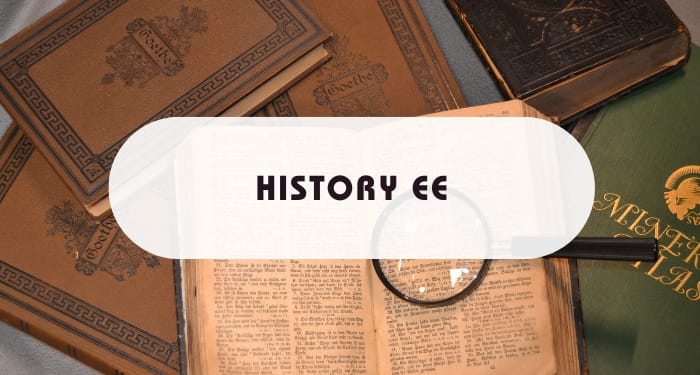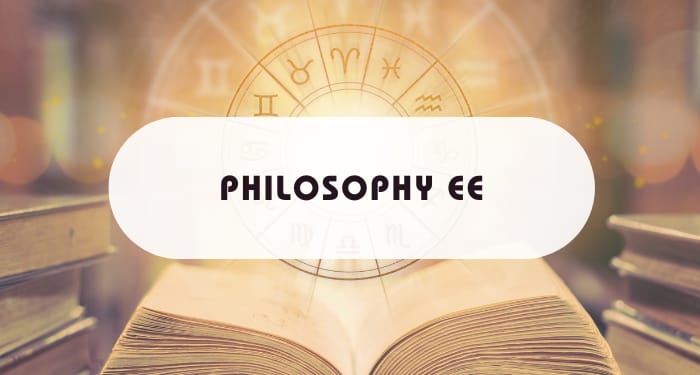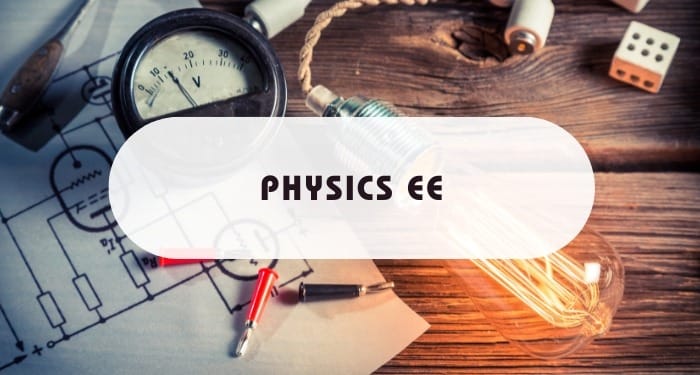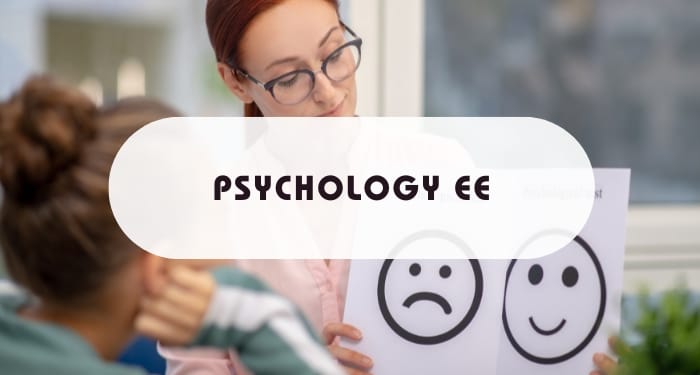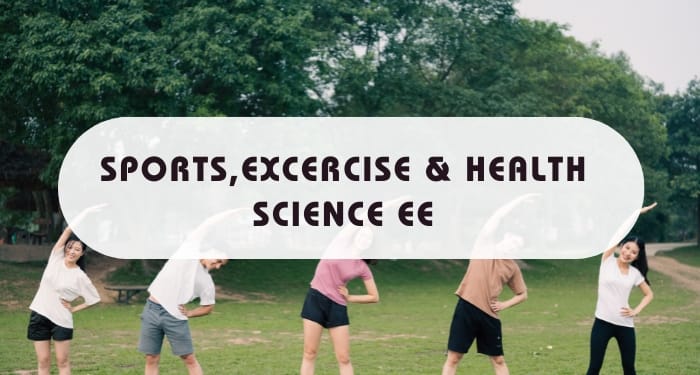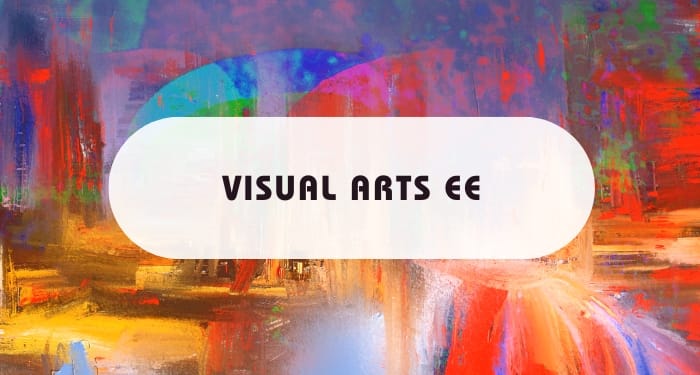IB students worldwide often feel anxious about writing the Extended Essay, but it doesn’t have to be stressful! In this article, I’ll help you get excited about tackling your Extended Essay and share the resources you need to achieve an A. If you’re unsure, EE stands for Extended Essay, and my topic aligned with English A1. To put it simply, I completed my IB Diploma in May 2010, wrote my Extended Essay in the English A1 category, and earned an A grade.
The IB Extended Essay (EE) is a mini thesis written under the guidance of an IB advisor (a teacher at your school) and contributes to earning your IB Diploma (more details on the key IB Diploma requirements can be found in our guide). Later in this article, I’ll explain how the EE impacts your diploma.
For the EE, you’ll select a research question, conduct independent research, and write an essay based on your findings. The essay is quite lengthy, with a maximum word count of 4,000 words, and most successful essays approach this limit.
It’s important to note that the IB expects this to be a “formal piece of academic writing,” meaning you must conduct external research and properly cite your sources.
The IB Extended Essay must include the following:
- A Title Page
- Contents Pase
- Introduction
- Body of the essay
- Conclusion
- References and bibliography
- Group 1: Studies in Language and Literature
- Group 2: Language Acquisition
- Group 3: Individuals and Societies
- Group 4: Sciences
- Group 5: Mathematics
- Group 6: The Arts
Once you’ve chosen your category and identified a possible research topic, it’s time to select your advisor, typically an IB teacher from your school (though online options are available). Your advisor will guide your research and oversee the reflection sessions required for your Extended Essay (EE).
As of 2018, the IB mandates a “reflection process” as part of EE supervision. You must meet with your advisor at least three times for “reflection sessions,” which are not only required but also form part of the formal assessment of your EE and research methods.
According to the IB, these meetings allow students to reflect on their involvement in the research process. Essentially, they provide an opportunity for your advisor to give feedback, challenge your thinking, and help you evaluate your research approach.
The final reflection session is called the viva voce, a 10- to 15-minute interview with your advisor at the end of the EE process. This session helps your advisor write their report, which contributes to your EE grade.
- A review to ensure there is no plagiarism or academic malpractice
- Your reflection on the successes and challenges faced during your project
- Your reflection on the lessons learned throughout the Extended Essay process
Once completed, your Extended Essay, along with your supervisor’s report, will be submitted to the IB for grading. We’ll go over the assessment criteria shortly.
You can technically choose any topic, as long as it falls within one of the approved subject categories mentioned above.
It’s recommended to select a topic that aligns with one of the IB courses, such as Theatre, Film, Spanish, French, Math, Biology, etc., which should be easy given the wide range of subjects offered.
- Biology: The Effect of Age and Gender on Photoreceptor Cells in the Human Retina
- Chemistry: How Does Reflux Time Affect the Yield and Purity of Ethyl Aminobenzoate (Benzocaine), and How Effective is Recrystallization as a Purification Technique for This Compound?
- English: An Exploration of Jane Austen's Use of the Outdoors in Emma
- Geography: The Effect of Location on the Educational Attainment of Indigenous Secondary Students in Queensland, Australia
- Math: Alhazen's Billiard Problem.
- Visual Arts: Can Luc Tuymans Be Classified as a Political Painter?
As you can see, the topics are highly varied, giving you considerable freedom in choosing. So how do you decide when the possibilities are endless?
1. Write About a Topic You Enjoy
You won’t be able to write a strong essay if you’re not genuinely interested in the subject. For example, I have a passion for British theatre, so I chose to write my EE on a post-WWII revolution in British theatre (yes, I’m a proud #TheatreNerd).
I highly recommend taking the Extended Essay seriously. It played a significant role in helping me receive a full-tuition merit scholarship to USC’s School of Dramatic Arts. In my interview, I spoke enthusiastically about my EE, and I believe it contributed to my success.
To find a topic you’re passionate about, start by reflecting on your favorite subjects and why you enjoy them. Do you love math because you enjoy problem-solving? Or English because you like analyzing literary works?
Remember, there is no “right” topic for the EE—what matters most is the quality of your essay, not the subject you choose. After deciding on your category, brainstorm specific topics. Ask yourself what parts of the course interested you most. Then spend time narrowing down your ideas.
If you’re stuck, consider choosing a topic that aligns with your future career or major. That way, your EE could serve as a valuable talking point in college essays and interviews.
2. Choose a Topic That’s Neither Too Broad Nor Too Narrow
Finding the right balance is key. Your topic should be specific enough to explore thoroughly in 4,000 words, but not so narrow that you struggle to find enough material.
For instance, writing about WWII is too broad—it would fill a book. On the other hand, writing about the type of soup prisoners of war were served is too narrow. Instead, you could examine how conditions in German POW camps were influenced by Nazi successes and failures on the frontlines, including the use of prison labor and captured factories.
If you’re unsure, try brainstorming topics that involve comparisons. Many successful EEs focus on comparisons, as they allow for in-depth analysis. For example, my EE compared Harold Pinter’s Party Time with John Osborne’s Look Back in Anger, illustrating a transition in British theatre.
If comparisons aren’t your thing, do a little research to gauge your topic’s scope. If you find thousands of resources on your topic, it’s probably too broad. If there are only a few sources, it may be too narrow. Don’t hesitate to consult your advisor for guidance.
3. Select an Advisor Familiar with Your Topic
When choosing an advisor, create a list of top candidates and evaluate the pros and cons of each. For example, you may like Mr. Green because he’s your favorite teacher, but if you’re conducting a physics experiment for your EE, Ms. White, a physics teacher, would likely be a better fit.
While it’s tempting to pick a teacher you’re comfortable with, make sure your advisor has expertise in your chosen subject. Before approaching a teacher, check with your IB coordinator about any necessary paperwork (some schools require an Agreement Form to be signed).
4. Choose an Advisor Who Will Challenge You
Look for an advisor who will take the time to read drafts and provide meaningful feedback. Teachers who push you to improve will be more helpful than those who offer minimal input. Choose a teacher you already know well through class or extracurricular activities, as they’ll better understand your strengths and weaknesses.
Remember, your supervisor’s feedback is part of your EE grade, so choosing someone invested in your success is critical.
5. Ensure Your Essay Has a Clear Structure and Flow
The IB values well-structured essays. Your EE should have a clear introduction, body, and conclusion. The introduction should outline your research question and give context, while the body should present your analysis or argument. The conclusion should summarize your findings and wrap up your essay.
If you’re conducting an experiment or analyzing data, follow the scientific method by clearly outlining your research question, method, results, analysis, and conclusion.
6. Start Early
Writing a 4,000-word essay requires extensive research and multiple drafts, so start early. Most schools have specific deadlines for submitting drafts, but to avoid last-minute stress, it’s best to complete your first draft over the summer between junior and senior year.
Here’s a suggested timeline:
– January/February (Junior Year): Finalize your research topic.
– February (Junior Year): Approach a teacher to be your advisor.
– April/May (Junior Year): Submit an outline and bibliography to your advisor.
– Summer (Between Junior and Senior Year): Complete your first draft.
– August/September (Senior Year): Submit your first draft to your advisor for feedback.
– September/October (Senior Year): Revise your draft based on feedback.
– November-February (Senior Year): Submit your final draft and schedule your viva voice.
Don’t forget to schedule reflection sessions with your advisor as part of the process! These meetings will help guide your progress and are a required part of the EE.
By following these tips, you’ll be well-prepared to write a successful Extended Essay!
Extended Essays are evaluated by examiners appointed by the IB, using a scale of 0 to 34. You’ll be assessed based on five criteria, each with its own point allocation. For more details on the EE grading process, you can refer to the IB’s guide to extended essays. Your performance in each criterion will determine your final letter grade, and you must score at least a D to be eligible for the IB Diploma.
- Criterion A: Focus and Method (6 points maximum)
- Criterion B: Knowledge and Understanding (6 points maximum)
- Criterion C: Critical Thinking (12 points maximum)
- Criterion D: Presentation (4 points maximum)
- Criterion E: Engagement (6 points maximum)
While each criterion has a point value, the IB makes it clear that examiners do not directly convert point totals into grades. Instead, they use qualitative grade descriptors to assign the final grade for your Extended Essay. You can find these grade descriptors on pages 102-103 of this document.
Here is a rough estimate of how point values typically correspond to letter grades based on past EE grading patterns. However, it’s crucial to read and understand the grade descriptors to know exactly what the graders are looking for.
| Rubric Assessment Points Earnedi | Descriptor Letter |
|---|---|
| 30.34 | Excellent: A |
| 25-29 | Good: B |
| 17.241 | Mediocre: D |
| 9-16 | Elementary. El |
Here is the bareakdown of EE scores (from the May 2021 bulletin):
| Extended Essay Grade | % of Students Awarded Grade |
|---|---|
| A | 10.1% |
| B | 24.4% |
| C | 40.8% |
| D | 22.596 |
| E | 1.4% |
| N (No Grade Awarded) | 0.7% |
Your Extended Essay (EE) grade is combined with your Theory of Knowledge (TOK) grade to determine the total points you earn toward your IB Diploma.
For more information on TOK or the number of points required for the IB Diploma, check out our full guide to the IB program and diploma requirements.
The diagram below illustrates how the EE and TOK scores are combined to calculate the points you receive for your diploma, with 3 being the maximum and 0 the minimum. To be awarded the IB Diploma, you need a total of 24 points across all subjects, including TOK and EE. The highest overall score possible is 45 points.
| Theory of Knowledge | |||||||
| Extended Essay | Grade A | Grade B | Grade C | Grade D | Grade E | No Grade N | |
| Grade A | 3 | 3 | 2 | 2 | Failing Condition | Failing Condition | |
| Grade B | 3 | 2 | 2 | 1 | Failing Condition | Failing Condition | |
| Grade C | 2 | 2 | 1 | 0 | Failing Condition | Failing Condition | |
| Grade D | 2 | 1 | 0 | 0 | Failing Condition | Failing Condition | |
| Grade E | Failing Condition | Failing Condition | Failing Condition | Failing Condition | Failing Condition | Failing Condition | |
| No Grade N | Failing Condition | Failing Condition | Failing Condition | Failing Condition | Failing Condition | Failing Condition | |








